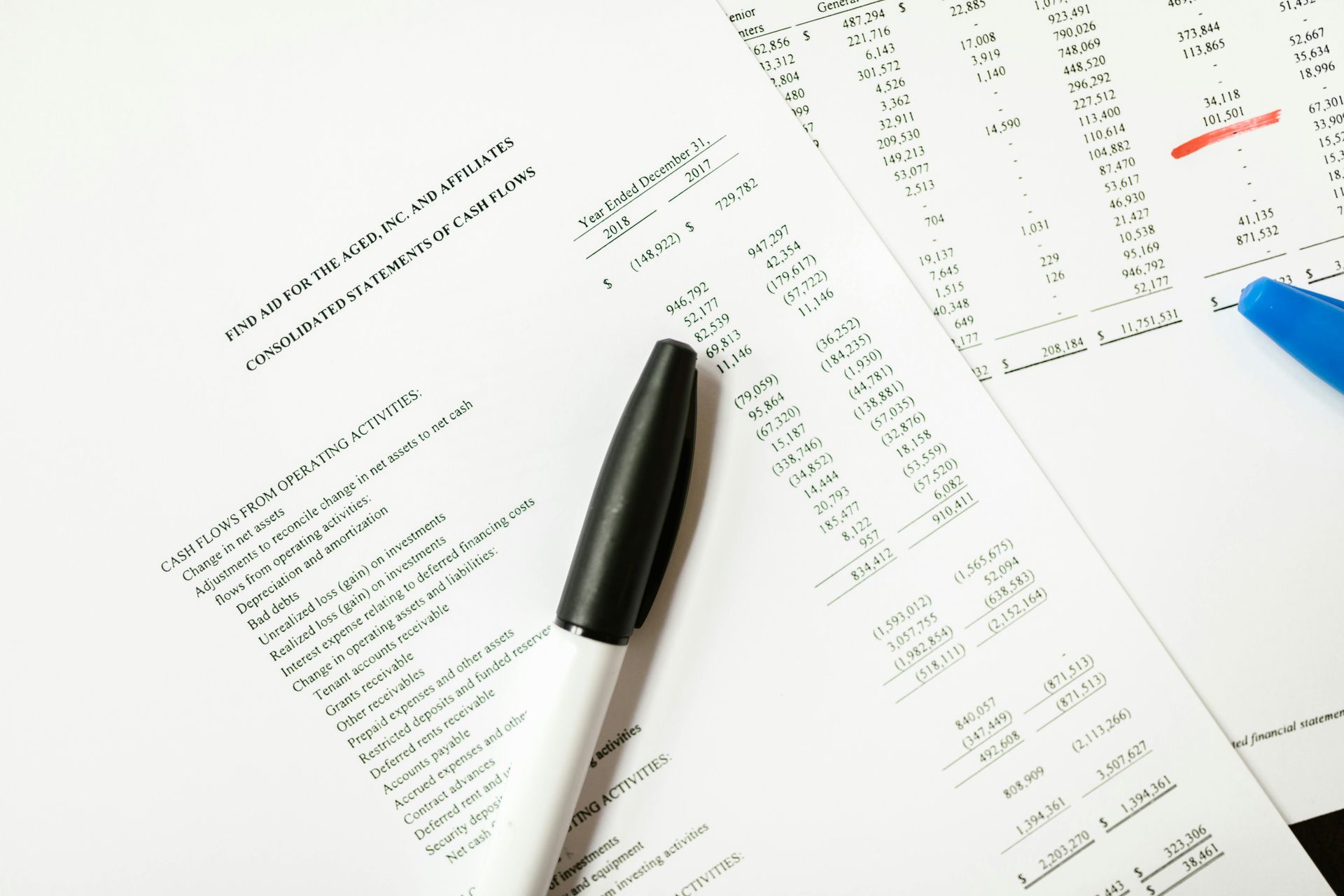Converting a Rental or Vacation Home into a Primary Residence: Key Tax Considerations & Step-By-Step Guide
The post-COVID-19 era has prompted many to reconsider where they call home. With remote work and early retirement becoming more common, some are exploring the possibility of converting a rental or vacation property into their primary residence. While this shift offers potential benefits, it also introduces complex tax implications.
The Home Sale Exclusion Under Sec. 121
Taxpayers selling a primary residence may qualify for the Sec. 121 home sale exclusion, allowing them to exclude up to $250,000 ($500,000 for married couples filing jointly) of capital gains from taxable income. To qualify, they must have owned and used the property as their primary residence for at least two of the five years preceding the sale.
However, this exclusion is limited when the property has periods of “nonqualified use,” such as when it served as a vacation home or rental property. Gains attributable to these periods are taxable.
Example: A couple who converts their vacation home into a primary residence and later sells it will need to allocate gains between qualified use (as a primary residence) and nonqualified use (as a vacation home). This calculation ensures the exclusion applies only to the qualified portion.
Rental Property Considerations
When a rental property becomes a primary residence, tax complexities arise from prior use as an income-generating asset. Key factors include:
- Depreciation Recapture: Taxpayers must pay taxes on depreciation claimed during the rental period, taxed as ordinary income up to 25%.
- Passive Loss Carryforwards: Unused passive losses incurred during the rental period may remain suspended if the property’s sale qualifies partially under Sec. 121.
Example: If a rental property with $50,000 in depreciation and $30,000 in passive loss carryforwards is converted and sold, the depreciation recapture and suspended losses may significantly impact the taxable gain.
Transitioning Expenses and Deductions
Converting a property to a primary residence changes deductible expenses. Expenses like repairs and insurance, previously deductible against rental income, become non-deductible. However, real estate taxes and mortgage interest may still be itemized deductions.
Navigating the Web of Tax Implications
Relocating to a former vacation or rental property involves meticulous tax planning. Taxpayers must understand the nuances of Sec. 121, maintain detailed records of property improvements, and consult professionals to mitigate tax liabilities.
This transition, though complex, offers opportunities for tax savings with proper planning and professional guidance.
Need assistance or have any questions on these tax implications? Contact our office for guidance: CLICK HERE or CALL (412)875-5719
Step-By-Step Guide to Rental/Vacation Home to Primary Residence Conversion
Converting a rental or vacation home into your primary residence involves a mix of practical, legal, and financial considerations. Here’s a step-by-step guide to navigate the process:
1. Legal and Zoning Compliance
- Zoning Regulations: Check local zoning laws to ensure the property can be used as a primary residence. Some vacation properties may have restrictions.
- Homeowners Association (HOA) Rules: If the home is part of an HOA, confirm that living there full-time is permitted.
2. Financial Adjustments
- Mortgage Implications:
- Inform your lender if your mortgage was originally for an investment or secondary home. A primary residence typically qualifies for lower interest rates.
- Refinancing might be an option to take advantage of better rates.
- Tax Considerations:
- The property tax rate may change if it transitions to a primary residence.
- Rental income and deductions will no longer apply once it's your primary residence.
- Capital Gains Exemption: If you later sell the home, you may qualify for exclusions on capital gains (up to $250,000 for individuals, $500,000 for couples) if you’ve lived there for two out of the last five years.
3. Utilities and Infrastructure
- Ensure the property has year-round utilities and services such as heating, water, and reliable internet.
- Update your mailing address with the post office and all relevant entities.
4. Notify Authorities
- Update your driver's license and vehicle registration to reflect your new address.
- Change your voter registration.
5. Insurance
- Transition from rental or vacation property insurance to a primary homeowner’s insurance policy, which may have different coverage requirements.
6. Lifestyle Adjustments
- Consider proximity to work, schools, healthcare, and other amenities you rely on.
- Adjust any vacation-focused amenities to better suit everyday living.
7. Inform Tenants (if applicable)
If the property is rented out, provide notice as required by your lease agreement and local laws.




